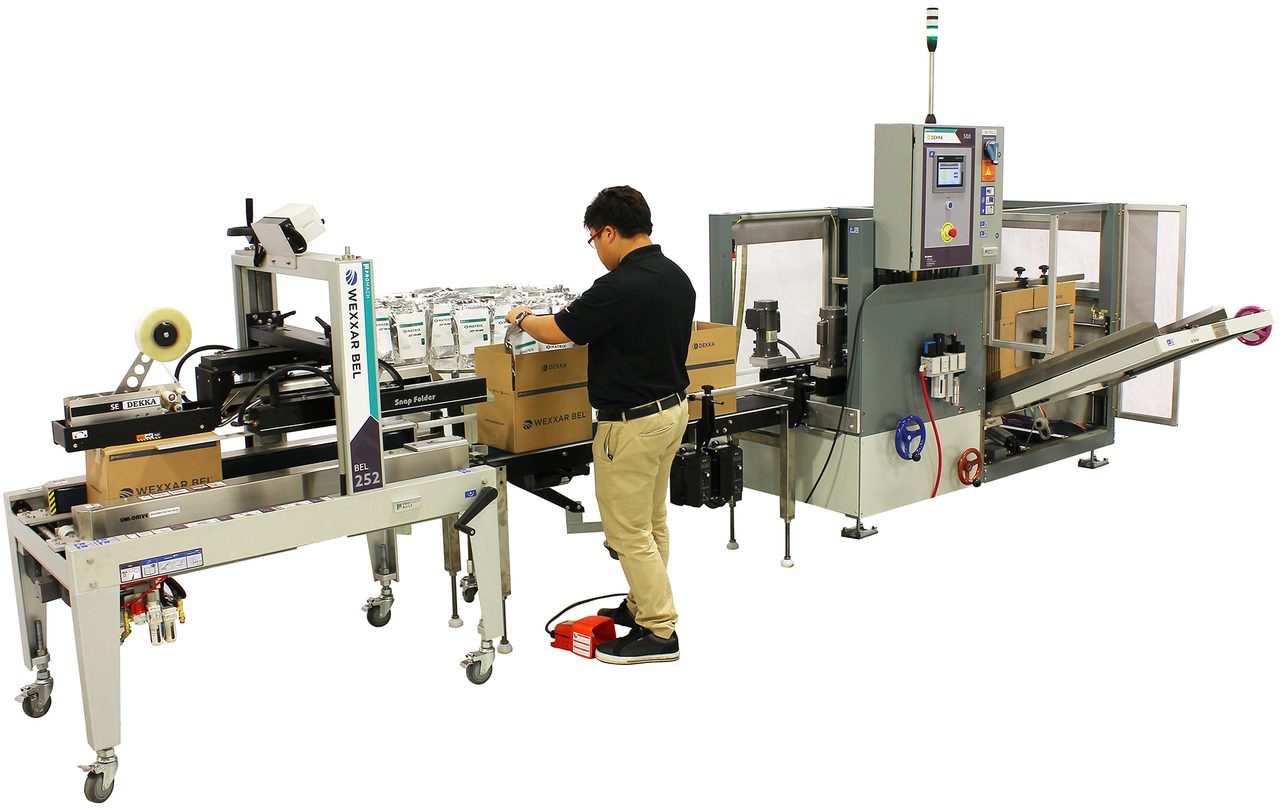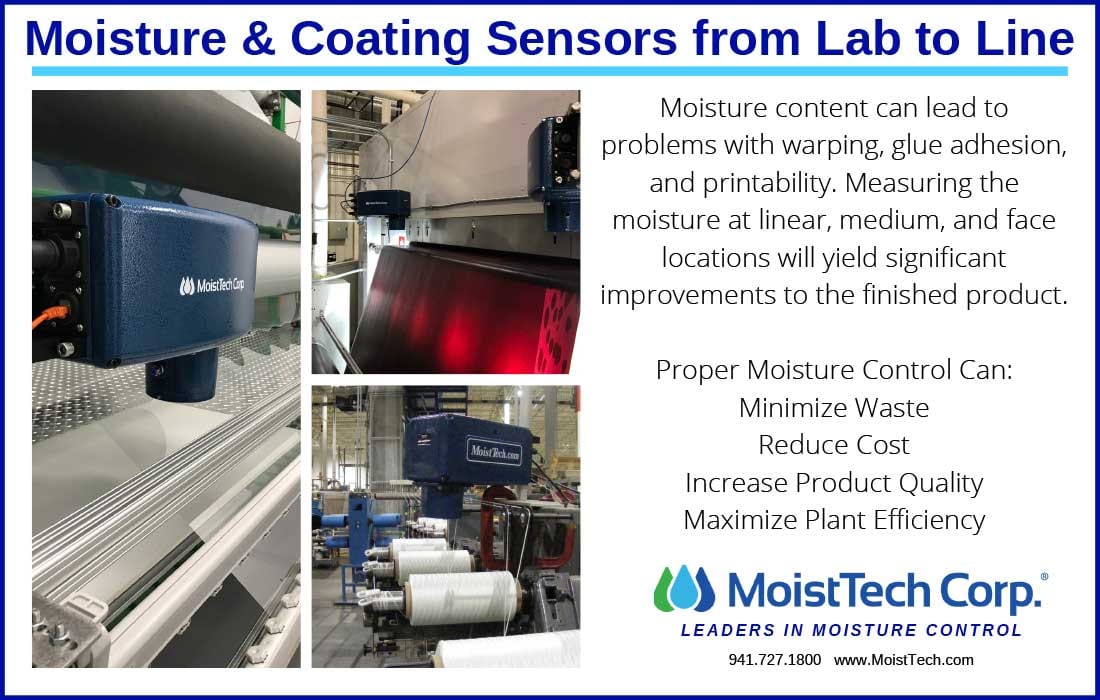
4 Ways CNC
Machining Has
Transformed
Automation
CNC automation technology can decrease the total lead time for increased throughput.
CNC machining has all but eliminated human error, leading to higher-quality packaging and product shipment with fewer defects. Within the packaging industry, CNC machining has changed automation in four key ways.
By Christine Evans
1 – Automation
CNC (Computer Numerical Control) machining is a subtractive manufacturing process that uses computerized machine tools to make a custom-designed part. In the past, industrial packaging was largely done by hand. Hand-made packages were often labor intensive and subject to human error. Furthermore, without automated equipment, it was incredibly labor intensive and time consuming for a company to produce any kind of high-volume production runs.
CNC machining services have enabled companies that use this manufacturing process to automate tasks such as material handling, assembly operations and quality analysis. Automation also makes it possible for companies to scale up their output capacity even while maintaining a fairly consistent personnel requirement, translating into lower cost per unit. In addition, the advanced technology has proven to help improve packaging and product quality through increased accuracy and precision while reducing defects due to human error. Companies that can take advantage of CNC automation technology in their packaging and production lines can also decrease the total lead time for increased throughput.
ADVERTISEMENT
2 – Packaging Manufacturing
CNC machining has transformed the way that packaging is manufactured, and it should be considered a viable option for any company that wants to automate tasks, speed up overall production and improve its quality control process. Packaging production runs have the potential to become more efficient by leveraging CNC machining processes such as automated material handling, assembly operations and quality analysis. From concept and design to manufacturing and assembly, the entire packaging manufacturing process is greatly benefited by using CNC machining processes.
The speed at which packaging products can now be manufactured is lightyears ahead of where it used to be. Rather than first drawing out product concept designs, entering them into software, repeatedly adjusting, creating a prototype, adjusting some more, then finally coming up with the final product, CNC CAD software allows for the seamless integration of design and production.

CNC machines can often complete more than one operation simultaneously and run around the clock.
3 – Product Assembly and Scalability
CNC machining has made it easier to automate tasks such as material handling and product assembly. This means that less manual labor is needed in these areas. Some of the most significant factors in using CNC machining for product assembly in the packaging industry include the facts that machines can perform needed work, do it quickly and scale up within the need for extra assembly line workers. This reduces overall product lead times, lowers labor costs and increases total output over time.
Scalability lends an incredible advantage to the packaging assembly and scalability of warehouse operations. CNC machines can often complete more than one operation simultaneously and run around the clock, providing companies with the ability to host lights-out operations for their warehousing needs, including assembly and packaging production.
When CNC machines are used to help with material handling, the entire process becomes more efficient. With less manual labor needed for a variety of tasks, total labor costs are reduced. Because machines perform tasks so efficiently, warehouses and production centers can see their overall production rate jump by double-digit percentages. In today’s manufacturing and packaging production world, the lower your lead time for manufacturing products such as packaging, the more orders can be fulfilled and the greater number of client jobs can be accepted.
Long lead times are increasingly becoming a thing of the past, and companies with higher-than-average lead times are going to start finding themselves outbid for projects. Reducing lead time and getting more products out the door is critical in today’s manufacturing world.
4 – Quality Control
Packaging quality control is another area that benefits immensely from CNC machining. Systems such as laser scanning combined with data analysis allow companies to evaluate their product in real time right on the manufacturing floor without needing any additional steps or labor.
Low-quality or damaged packaging gets pulled immediately without interrupting the overall production line flow, and each piece that makes it out the door has been quality tested during its manufacturing journey. This is a highly cost-effective method to find defects before they affect downstream workflows like shipping and distribution.
Christine Evans is the director of product marketing & content strategy at Fictiv, an on-demand manufacturing company. Over the past six years, Evans has grown Fictiv’s popular Hardware Guide and Digital Manufacturing Resource Center, with over 2,000 teardowns, DFM guides and mechanical design articles to help democratize access to manufacturing and hardware design knowledge.
Courtesy of Wexxar Bel, a ProMach Brand
